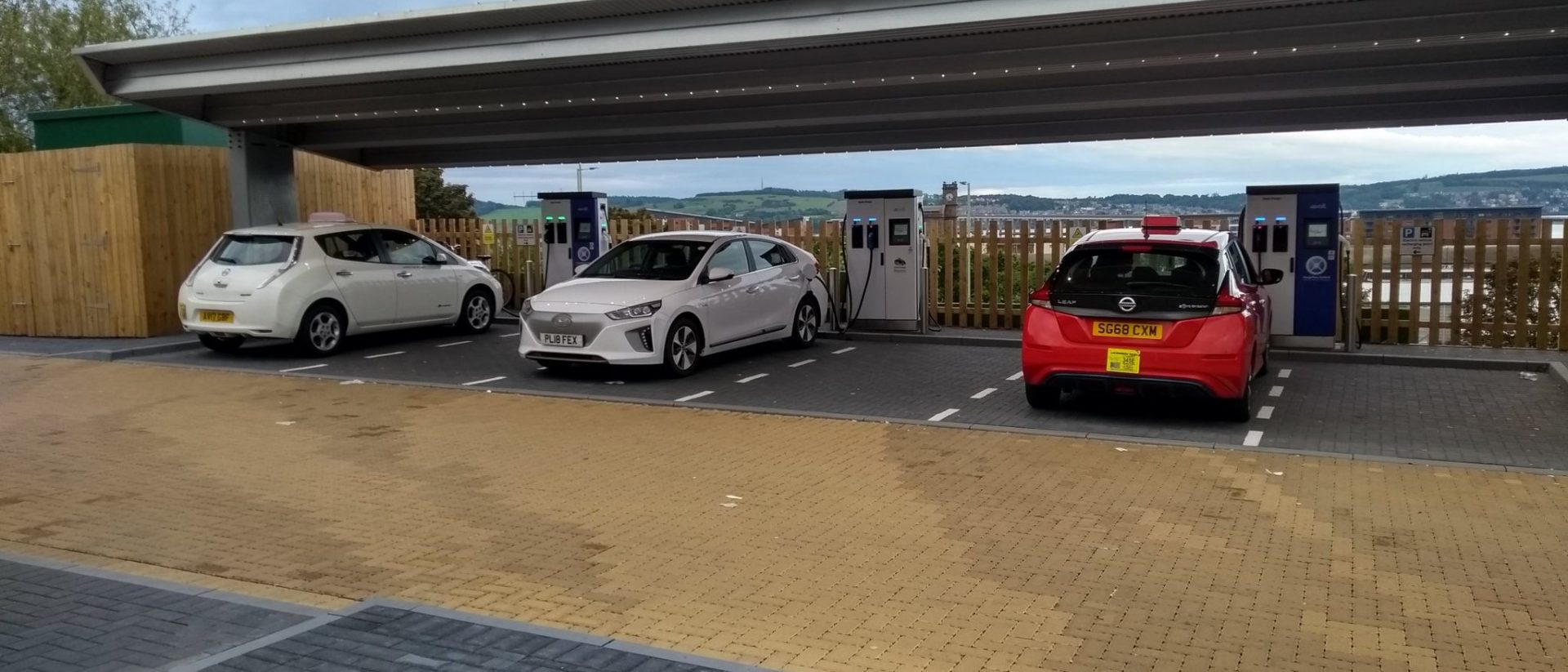Introducing cleaner petrol should not be delayed
- REA publicises new analysis on the impact of the introduction of E10 petrol
- The introduction of E10 in the UK, a blend of petrol with higher renewable content, could result in immediate carbon savings
The Government is currently consulting on how greener petrol with twice the renewable ethanol content – known as E10 – might be introduced [1] and in doing so achieving emissions savings equivalent to taking 700,000 cars off the road. New analysis from the REA, the trade association which represents the renewable fuels industry, indicates that there are significantly fewer main household cars on the road that are unwarrantied to use E10 than the Department for Transport (DfT) presently estimates.
95% of cars can run on E10 and for the few that may not be warrantied to, Government is proposing measures to ensure that suitable fuel remains available for them. Most of these are classic cars, which do limited mileage.
There have been various estimates of the number of cars which are not warrantied to run on E10, and assumptions on who their owners might be. The Government is seeking to reduce the impact of this policy on households that predominantly rely on an older vehicle that is unwarrantied for E10 for their primary transport needs.
The REA’s analysis [2] indicates that, excluding older classic or hobby vehicles, there are around 250,000 main household vehicles in the UK that are unwarrantied for using E10. This is almost half the number suggested by the DfT and lower than the number estimated by the RAC Foundation. This is anticipated to reduce to around 125,000 vehicles by 2020 (or less than 1% of the vehicle parc) when assuming RAC Foundation vehicle scrappage rates. REA analysis also suggests that these cars tend to be owned in wealthier areas of the country, potentially as secondary or additional family member vehicles.
Commenting on the REA’ analysis, Grant Pearson, Commercial Director at bioethanol manufacturer Ensus and Chair of the Renewable Energy Association’s Renewable Transport Fuels Group said:
“The introduction of E10 brings significant environmental benefits. E10 is the standard reference fuel for today’s petrol cars, and is widely available across Europe as well as the USA, Australia and many other parts of the world.
“Following the problems with diesel we are again seeing a growth in petrol cars, as well as in petrol hybrids. It is essential the UK switches to E10 as soon as possible, to curb their CO2 emissions. For the small number owners of older vehicles that are not warrantied, suitable fuel will remain available.”
—ENDS—
For more information or to request an interview, please contact:
Daniel Brown
Policy Manager
+44 (0)20 7981 0857
[email protected]
Notes to editors
1. E10 petrol, consumer protection and fuel pump labelling. Published 20 July 2018. Department for Transport. Details here: https://www.gov.uk/government/consultations/e10-petrol-consumer-protection-and-fuel-pump-labelling
2. New research from the REA suggests a much lower number of unwarrantied vehicles would be impacted by the introduction of E10. REA. 28th August, 2018. http://www.r-e-a.net/upload/e10_compatibility_rea_analysis.pdf
3. Grant Pearson is the chair of the REA’s Renewable Transport Fuel Group and is the commercial director of bioethanol manufacturer Ensus.
4. Only Department for Transport (DfT) has access to the full dataset which would allow a detailed analysis.
About the Renewable Energy Association (REA)
The Renewable Energy Association represents renewable energy producers and promotes the use of all forms of renewable energy in the UK across power, heat, transport and recycling. It is the largest renewable energy and clean technology (including energy storage and electric vehicles) trade association in the UK, with around 550 members, ranging from major multinationals to sole traders.
For more information, visit: www.r-e-a.net

